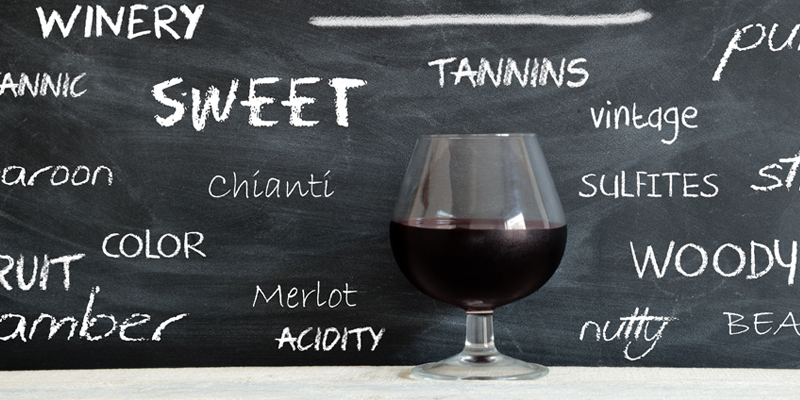“Wine makes daily living easier, less hurried,
with fewer tensions and more tolerance.”– Benjamin Franklin
Ah, wine tasting! It’s that glorious pastime where we get to swirl, sniff, sip, and pretend we’re sommeliers in a fancy French château. But if you’re anything like me, you’ve probably wondered why everyone around you is suddenly talking about noses, legs, and finishes as if they’ve been possessed by a particularly pretentious anatomy textbook.
Fear not, dear wine enthusiast! These terms aren’t just meant to baffle and bewilder—they’re actually part of the delightful lexicon of wine tasting. Let’s demystify some of this jargon so we can all sound like pros at our next dinner party.
The Nose Knows
When someone says, “On the nose, I’m getting blackcurrant and spices…,” they’re not trying to impress you with their superior olfactory prowess. “The nose” simply refers to the aroma of the wine, what you smell when you take that first inquisitive sniff. It’s like the wine’s first impression. Just like a handshake, but more aromatic and less likely to spread germs.
Leg Day
Next up, “legs.” No, we’re not talking about your fitness routine. In wine terms, legs are those streaks that trickle down the inside of your glass after you’ve given it a good swirl. They’re also known as tears, which sounds a bit melodramatic, but hey, it’s wine. The longer and slower the legs, the more alcohol or sugar the wine likely contains. So, if your wine has legs for days, it’s probably been hitting the gym…or the vineyard.
Finish Line
Finally, let’s chat about the “finish.” This is the taste that lingers in your mouth after you’ve swallowed the wine. A long, pleasant finish is like the encore at a concert—it leaves you wanting more. Conversely, a short, forgettable finish is like that one-hit wonder you heard on the radio once and then promptly forgot.

Wine Lingo for the Win
Here are a few more terms to sprinkle into your wine conversations to sound even more like a connoisseur:
- Body: Refers to the weight and fullness of the wine in your mouth. Think of it like skim milk versus whole milk—light body versus full body.
- Tannin: These are the compounds that give wine its structure and astringency. They’re the reason some red wines make your mouth feel dry, kind of like when you accidentally bite into a banana peel.
- Balance: This is when all the elements of the wine—acidity, tannin, alcohol, and sweetness—are in harmony. Like a well-conducted orchestra, but boozier.
So, next time you find yourself with a glass of vino, don’t just sip in silence. Swirl, sniff, and savor with confidence, knowing you’ve got the wine lingo down. And remember, the most important part of wine tasting is enjoying the experience—so cheers to that!








